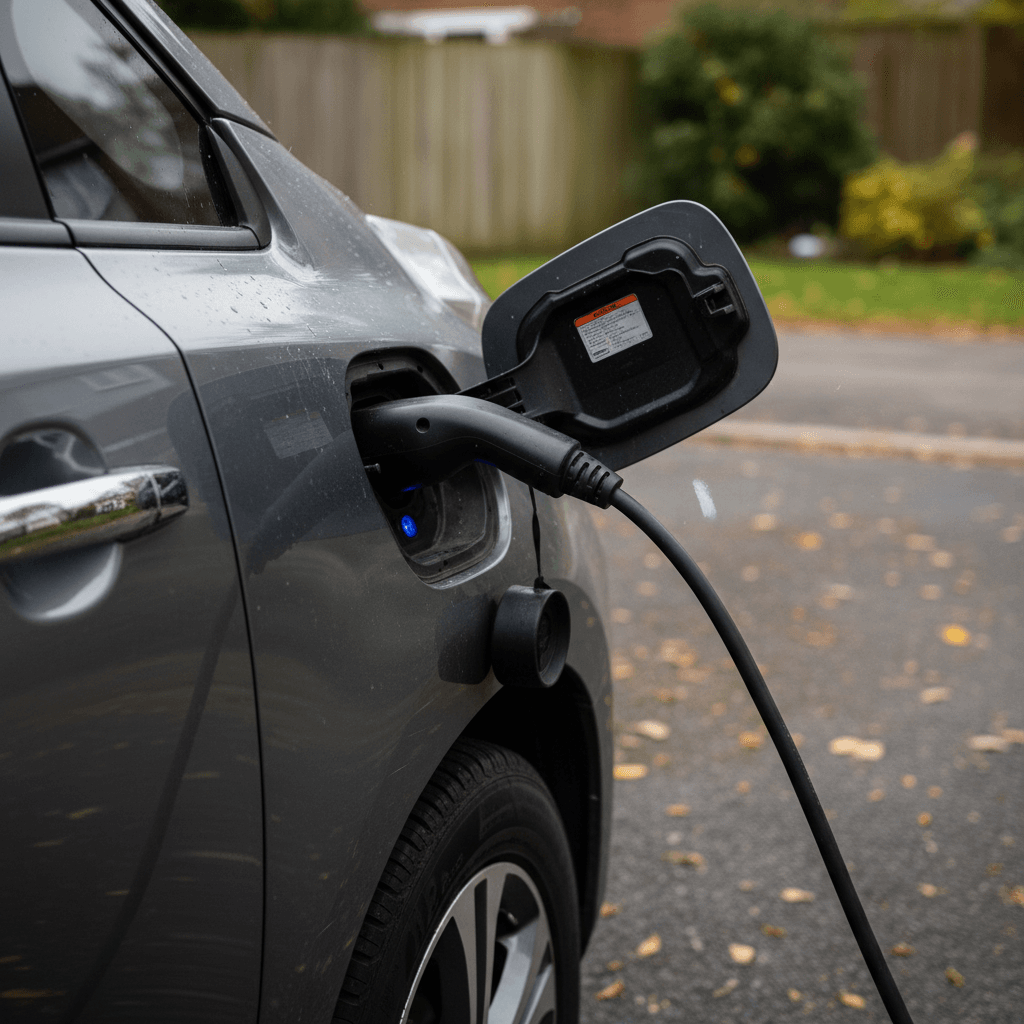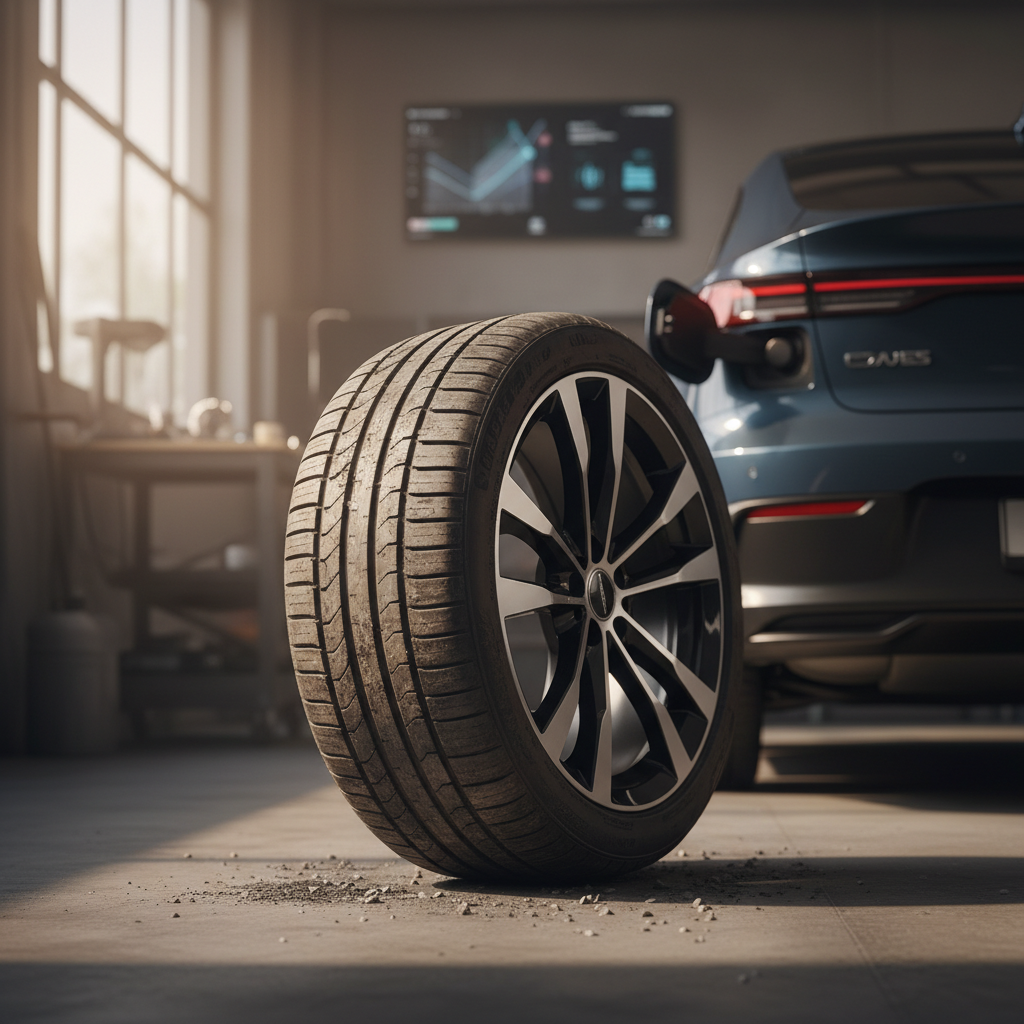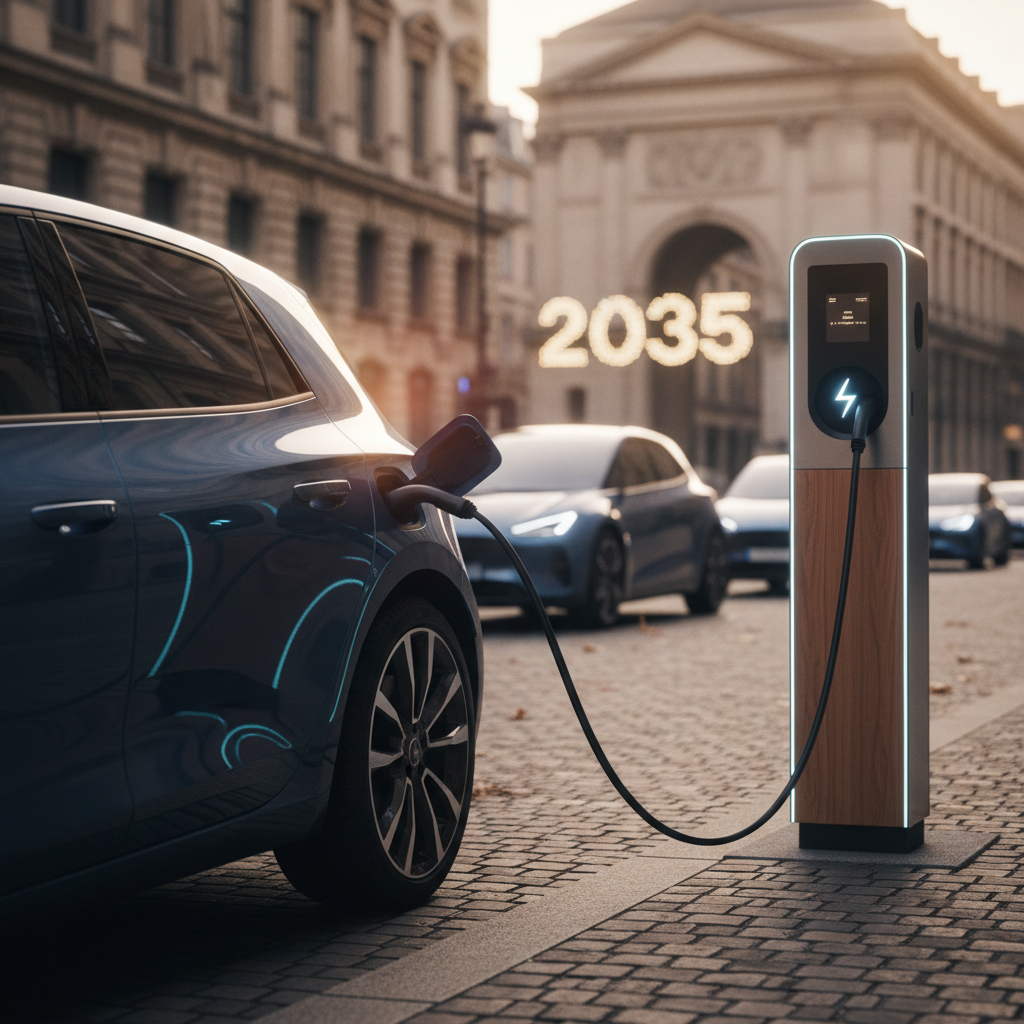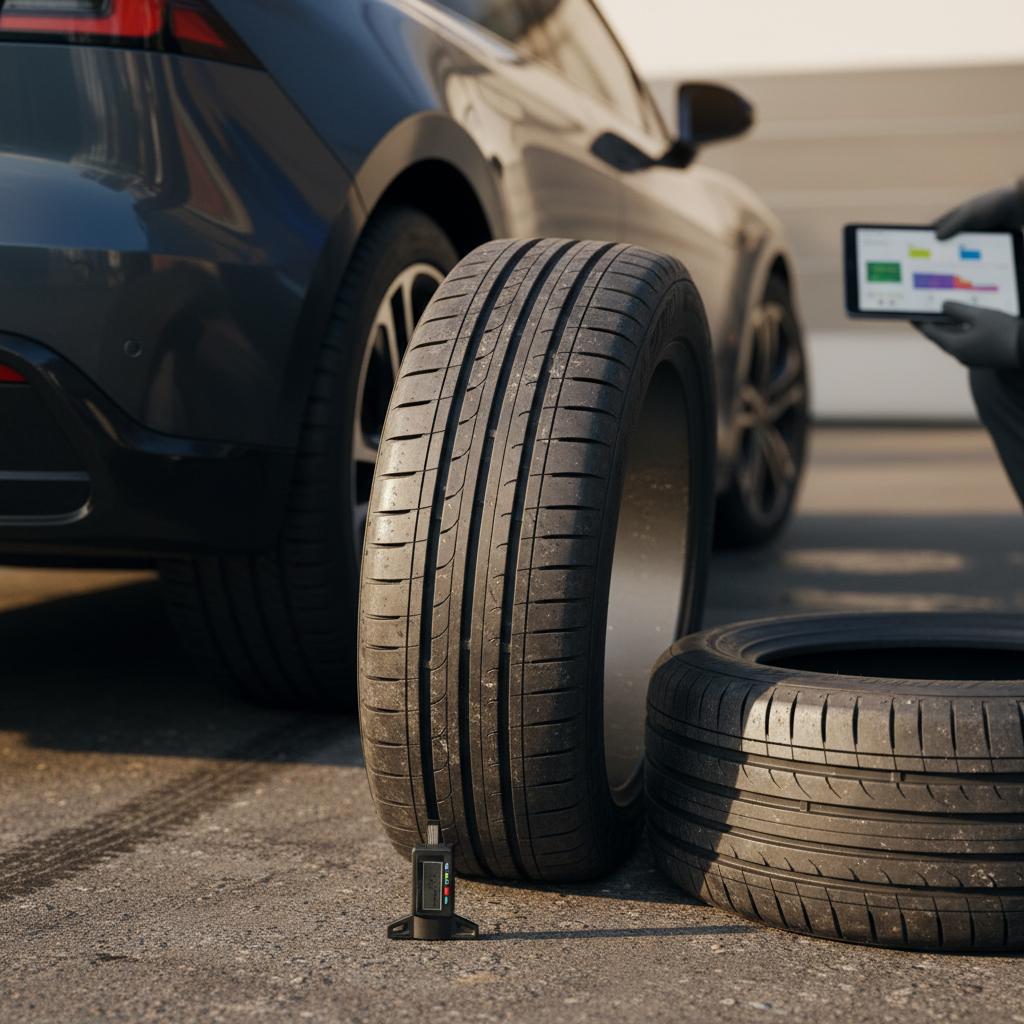If you’re hunting for the best cars under 20 thousand dollars in 2025, you’ve already discovered the bad news: true cheap new cars are nearly extinct. The good news is that $20K still buys an honest, reliable car, especially if you’re willing to look at lightly used sedans, small crossovers, and earlier electric vehicles that have taken their first big depreciation hit.
The state of the market in 2025
Why $20,000 Is the New Sweet Spot
Scroll back a decade and $10,000 bought a decent used compact with working air-conditioning and only a little cigarette history in the upholstery. In 2025, $20,000 is the new “normal-person budget”: enough to escape bottom-of-the-barrel auction cars and step into something safe, efficient, and still modern enough to support your phone.
What $20K Buys You in 2025
Sticker price vs. out‑the‑door
New Cars Under $20K: What’s Actually Left
If you insist on brand‑new for under $20,000, the list is short and getting shorter. Automakers have been killing off small cars in favor of profitable crossovers. What’s left are mostly base trims of honest, no‑nonsense econoboxes.
New Cars That Can Still Sneak Under $20K
You’ll need to shop carefully and stick to base trims, but these can land near our price cap with incentives and negotiation.
Chevrolet Trax (Base)
Why it’s here: A genuinely impressive small crossover that still starts near the $20K mark when you factor in discounts.
- Roomy for its size, easy to drive.
- Modern tech: big touchscreen, wireless CarPlay/Android Auto on higher trims.
- Good warranty, cheap to run.
It stretches the budget, but aggressive dealers and manufacturer incentives often pull entry models into the high‑teens.
Hyundai Venue
Best for: City drivers who want SUV looks without SUV prices.
- Starts around the high‑teens for a base model.
- Excellent warranty coverage.
- Tidy footprint, easy parking, 30+ mpg combined.
If you live in an urban area, this is an ideal appliance: small, upright, and pleasantly forgettable in the best way.
Kia Forte & Kia Soul
Best for: Anyone who still believes in the humble compact car.
- Forte: conventional sedan, comfortable and efficient.
- Soul: boxy practicality with big‑car headroom.
- Both often transact just under $20K in base form.
If you’re allergic to the crossover craze, Kia’s compact duo remains a lifeline.
What about Mitsubishi Mirage and Nissan Versa?
Best Used Gas Cars Under $20K: Safe, Boring, Perfect
If you just want reliable transportation that won’t embarrass you at the office, used gas compacts and midsize sedans are still the safest play under $20K. They’re where depreciation, reliability, and parts availability intersect in a glorious Venn diagram of “no one will ever ask you about this car at a party”, which is exactly the point.
- 2021–2023 Toyota Corolla – The reigning king of sensible. Comfortable, efficient, with Toyota Safety Sense as standard. Aim for LE or SE trims with under 60,000 miles and you’re done thinking about cars for a decade.
- 2022–2024 Honda Civic – Slightly pricier but more fun to drive, with a nicer cabin and strong resale value. If you enjoy winding roads even a little, the Civic is worth stretching for.
- 2018–2020 Toyota Camry – If you want a larger, calmer highway car, a lightly used Camry often slides under $20K. The 4‑cylinder is all the engine you’ll ever need.
- 2019–2021 Mazda3 – The enthusiast’s cheap date. Excellent steering feel, upscale interior, and still efficient. Look for rust and crash repairs, because people drive these hard.
- 2017–2019 Honda CR‑V – If you need actual family‑car cargo space, an older CR‑V with good maintenance records is the gold standard small SUV under $20K.
Model years vs. mileage
Best Used Hybrids Under $20K: 40+ MPG Without Drama
If you’re watching fuel prices like a day trader, used hybrids are the sweet spot. You get real‑world 40–50 mpg and an ownership experience that mostly feels like driving a normal car, because it is.
Used Hybrids Under $20K That Make Sense
Skip the obscure science projects and stick with proven nameplates.
Toyota Prius (2016–2021)
Why it’s great: The punchline of a thousand late‑night jokes, but also quietly one of the most durable machines on the road.
- 40–50 mpg in the real world.
- Taxi‑fleet reputation for going 200K+ miles.
- Parts and service available everywhere.
Prioritize cars with documented hybrid battery service and avoid anything that’s been obviously abused in rideshare duty.
Toyota Camry Hybrid & Hyundai Sonata Hybrid
Why they’re great: Adult‑sized cars with road‑trip comfort and compact‑car fuel bills.
- Camry Hybrid: classic Toyota reliability with a 40+ mpg twist.
- Sonata Hybrid: a bit cheaper, often better equipped.
- Great for commuters who eat highway miles.
If you find one with a clean history report and dealership service records, you’ve essentially hacked business‑class commuting for economy‑class money.
Hybrid battery anxiety
Best Used EVs Under $20K: Quiet, Quick and (Finally) Affordable
Here’s where things get interesting. A few years ago, the idea of buying an electric car for under $20,000 sounded like fantasy. In 2025, it’s very real. Early EVs have shed a huge chunk of their original price, and some of the most competent ones now live exactly in this budget.

The trick with used EVs is simple: you are not just buying a car, you’re buying a battery pack with a car attached. Range, degradation, and charging capability matter as much as the paint color, maybe more.
Used EVs You Can Often Find Around $20K
Exact prices vary by region, trim and mileage, but these models routinely trade near or under $20,000 on the used market in late 2025.
| Model | Typical Price (Used) | Approx. Range (mi) | Why It’s a Smart Buy Under $20K |
|---|---|---|---|
| Chevrolet Bolt EV (2017–2022) | $13K–$18K | 220–259 | Strong range, compact size, modern interior. Post‑battery‑recall cars are especially appealing. |
| Hyundai Kona Electric (2019–2022) | $16K–$20K | 240–258 | Excellent range, comfy ride, and a surprisingly grown‑up cabin for the money. |
| Nissan Leaf (40 kWh & 62 kWh) | $8K–$18K | 150–226 | Dirt‑cheap entry into EV life. Just be wary of older, air‑cooled packs in very hot climates. |
| Kia Niro EV (2019–2021) | $15K–$20K | 239 | Crossover‑ish practicality with solid range; often overlooked compared to the Kona and Bolt. |
| Early Tesla Model 3 (2018–2019, high miles) | ~$18K–$22K | 220–260+ | Higher miles and older builds, but still a legitimately premium driving experience when priced near our cap. |
Always confirm battery health and charging standards before you sign anything.
The EV battery caveat
Comparison Table: Best Cars Under $20K at a Glance
Gas vs. Hybrid vs. EV Under $20K
If you care more about total cost than power figures, this is the comparison that matters.
| Type | Example Model | Standout Strength | Main Trade‑Off |
|---|---|---|---|
| Gas compact | 2022 Honda Civic | Balanced, fun to drive, great safety tech. | Uses the most fuel over the long term. |
| Gas midsize | 2019 Toyota Camry | Spacious, comfortable highway cruiser. | Higher purchase price for similar mileage. |
| Hybrid | 2018–2021 Toyota Prius | Ridiculous fuel economy and longevity. | Driving experience is… workmanlike. |
| Hybrid midsize | 2019 Camry Hybrid | Comfort + 40+ mpg in one package. | Less selection under $20K; need to shop harder. |
| Used EV | 2019–2021 Chevy Bolt EV | Low running costs, quick, quiet. | Range and charging access limit road‑trip flexibility. |
Assumes typical used examples in good condition, not high‑mileage fleet cars.
How to Shop Smart Under $20K: Seven Rules
You can absolutely find a great car under $20,000, but it won’t reward impatience. Whether you’re shopping with cash or financing, follow these rules and you’ll avoid 90% of the horror stories.
Seven Non‑Negotiables for Sub‑$20K Cars
1. Start with the total budget, not the monthly payment
Decide your absolute ceiling, including taxes, registration and an immediate maintenance fund, then work backward. A $17K car plus $1,000 in initial maintenance is often better than a $19,999 “deal” you can’t afford to fix.
2. Pull a full history report
Accidents, flood damage, odometer rollbacks, car history reports won’t catch everything, but they filter out a lot of junk quickly. Walk away from anything with a branded title unless you truly know what you’re doing.
3. Get a pre‑purchase inspection
Pay an independent mechanic to inspect the car before you buy. On an EV, that should include a high‑voltage system check; on a gas car, compression and leak‑down tests are cheap insurance.
4. Prioritize condition over features
Leather seats and sunroofs don’t matter if the transmission is on borrowed time. A base‑trim car in great shape is a better buy than a loaded car with warning lights and aftermarket mods.
5. Be suspicious of anything far below market price
If a seller is thousands under comparable listings, there’s usually a story. Salvage title, hidden damage, unpaid liens, whatever it is, it’s now your problem. Don’t go hunting for the “steal”; hunt for the solid, fairly priced car.
6. Test drive like you mean it
Drive on rough pavement, highway, and in stop‑and‑go traffic. Turn off the stereo, listen for clunks and whines, and test every button, window and lock. Annoy the salesperson. It’s your money.
7. Leave room in your budget for the boring stuff
Tires, brakes, fluids, wiper blades, floor mats, none of it is exciting, but all of it costs money. Set aside $500–$1,000 on day one so you’re not blindsided.
EV-Specific Tips: Battery, Charging and Hidden Costs
Used EVs can be phenomenal value under $20K, but only if you understand what you’re buying. The car that looks like a bargain on your phone can turn into a science project if the battery is tired or the charging connector doesn’t match your reality.
1. Battery health is everything
- Ask for objective data, not just “it still goes 200 miles.”
- Compare the current usable capacity to the original pack size.
- Factor in climate: very hot regions are tougher on batteries.
Recharged’s Score Report includes verified battery diagnostics, so you’re not taking the seller’s word for it.
2. Know your charging life
- If you have home Level 2 charging, nearly any used EV works.
- If you rely on public DC fast charging, prioritize cars with strong fast‑charge speeds and networks you actually have nearby.
- Double‑check connector type (CCS, NACS, CHAdeMO) and adapter availability.
Before you fall in love with a cheap EV, map out your weekly routine and make sure the charging fits your life.
Think in total 5‑year cost, not just purchase price
How Recharged Helps if You Want an EV Under $20K
If your heart is set on an electric car but your wallet is capped at $20K, you don’t have a ton of room for surprises. That’s exactly the problem Recharged was built to solve.
Why Used EV Shoppers Use Recharged
You’re not just buying a car, you’re buying battery health, charging flexibility, and peace of mind.
Verified battery health
Every EV listed on Recharged comes with a Recharged Score Report, including independent battery diagnostics. You see real‑world capacity and estimated range, not guesswork.
Fair market pricing & financing
Recharged benchmarks each car against nationwide EV sales data, so you know whether that $18,500 Bolt or Leaf is priced fairly. You can also pre‑qualify for EV financing online with no impact on your credit.
Nationwide delivery & trade‑ins
Found the right EV in another state? Recharged offers nationwide delivery, plus trade‑in options or an instant offer for your current car, gas or electric, so you can move into your next car without playing logistics coordinator.
Want to keep it simple?
FAQ: Best Cars Under 20 Thousand Dollars
Frequently Asked Questions
Bottom Line: Don’t Chase “Cheap”, Chase Value
In 2025, the hunt for the best cars under 20 thousand dollars isn’t about finding the absolute lowest price. It’s about finding the car whose history, condition, running costs and safety add up to genuine value. That might be a beige Corolla that will outlive your student loans, a Prius that sips fuel like fine wine, or a used EV that quietly annihilates your gas bill.
If an electric car is on your radar, tools like Recharged’s Score Report give you something most used‑car shoppers never get: clarity about battery health and fair pricing before you commit. Whether you choose gas, hybrid or EV, take your time, buy the best‑cared‑for example you can find, and let someone else pay for the new‑car smell.



